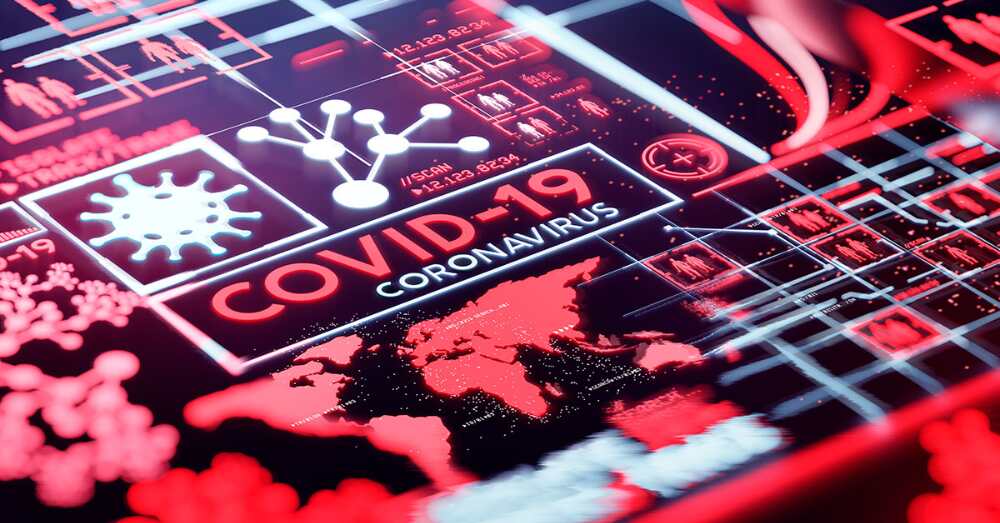The new-age solution

The Central and the state governments have come under severe criticism by the media and the public for not taking timely decisions to contain the spread of the Coronavirus. And the courts also stepped in to tighten the screw over the governments. There can be no doubt that timely decisions would have, and will, make a great difference. But the crucial question is what would form the basis of these decisions? The answer could be big data; there have been instances across the world to prove this. The vitality of data increases manifold when the crisis is as massive and deadly as the COVID-19 pandemic. Data is the new-age tool and could be ignored in tackling new-age complications only to invite a greater degree of failure and detriment. In India, first of all, there is a lackadaisical approach on the front of data collection and, secondly, there is a glaring gap between what data suggest and what our decision-makers decide. The mismatch between data and decision-making was seen on several instances. The Centre had flagged eight states those could see a spike in cases before the announcement of assembly elections dates in February. Over the next month, the Central leadership was out there on the streets of West Bengal — one of the flagged states. Conduction of Kumbh Mela is another such instance, and there are many. The doubling rate of cases has been steeply declining since February second week and the positivity rate has been on the rise over the same period. India's doubling rate stands today at around 35 days, down from above 700 in the second week of February, and the Test Positivity Rate is above 20 per cent. As per WHO guidelines the pandemic can be considered under control if TPR is below five per cent. In the meanwhile, as these indicators continued to throw warning signs over the past three months, there was sheer neglect of the available data. A data-based approach requires both the analysis of data available with government and credible agencies and the real-time tracking of the situation. The status of both is in dismal states in our country. There had been attempts to carry out contact tracing during the initial days of the first wave of the pandemic by introducing the 'Aarogya Setu' application but that has apparently been overshadowed by "other important things" like elections. It is important to understand how data can help us in these critical circumstances and how the lack of it can make things worse for us. First, data gathered through contact tracing is of critical importance as it will provide valuable information about the spread of the virus in particular regions. The situation in these regions can be improved through a targeted approach. Early detection of potential hotspots can nip the virus in bud and other reasons can be prevented from catching the surge. The second type of input that data can provide us is around the impact on vulnerable sections of society. Researchers across the globe have asserted that there are particular groups in most countries that bear the brunt of the pandemic in relatively greater proportions than other well-off groups. In this context, the pandemic can leave us with greater malaise by taking social inequity to alarming levels. Once in place, these inequities take years, in fact, decades to mitigate. It is extremely important to recognise these vulnerable sections, provide them with a safety net and save the nation from being forced into decades of deprivation. Putting more emphasis on data for tackling the pandemic can bear economic fruits as well. Evidently, the biggest problem that we are facing at the moment is the shortage of resources, be it oxygen cylinders, concentrators, hospital beds drugs and other things. If there is the exact knowledge of where to put the available resources, the best outcome can be achieved with limited resources. Countries like South Korea and Taiwan have already proved the efficacy of data in the handling of the pandemic. Western countries including the USA and the UK are exploring their options. India must also follow the suit. Moreover, investment of time, effort and resources in establishing a holistic framework should be evaluated in terms of returns we may get in future. Experts are repeatedly suggesting that the occurrence of pandemics may be a more frequent phenomenon in times ahead. Having a readymade setup and prior experience can save the country from going through the embarrassment of failure in future, and most importantly, it will save many precious lives. There is a word of caution though. Personal data collected through contact tracing and other measures must be dealt with utmost care to avoid any privacy breach. Data privacy is an emergent issue and cannot be risked even at the time of the pandemic. It will create more problems than providing solutions.



